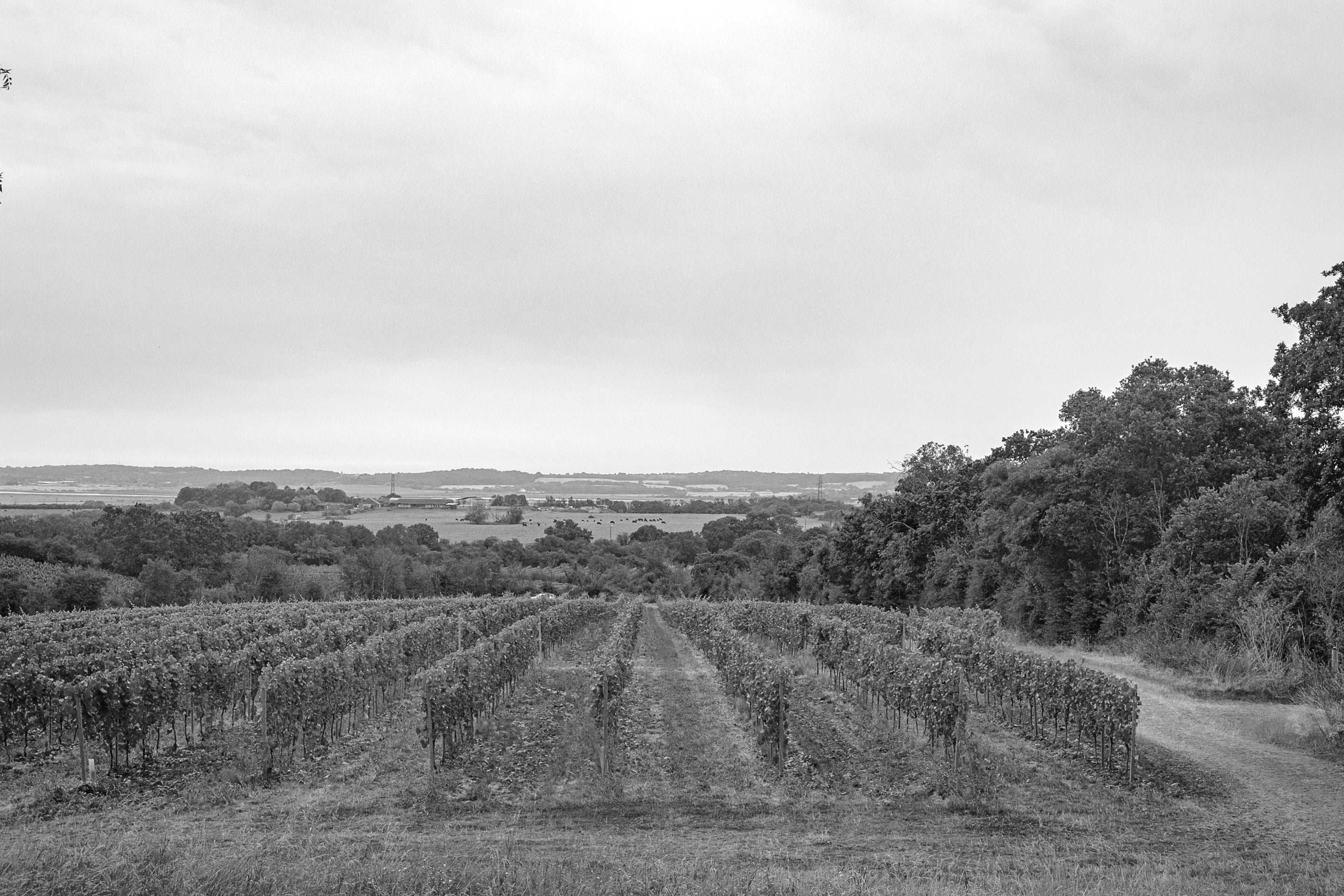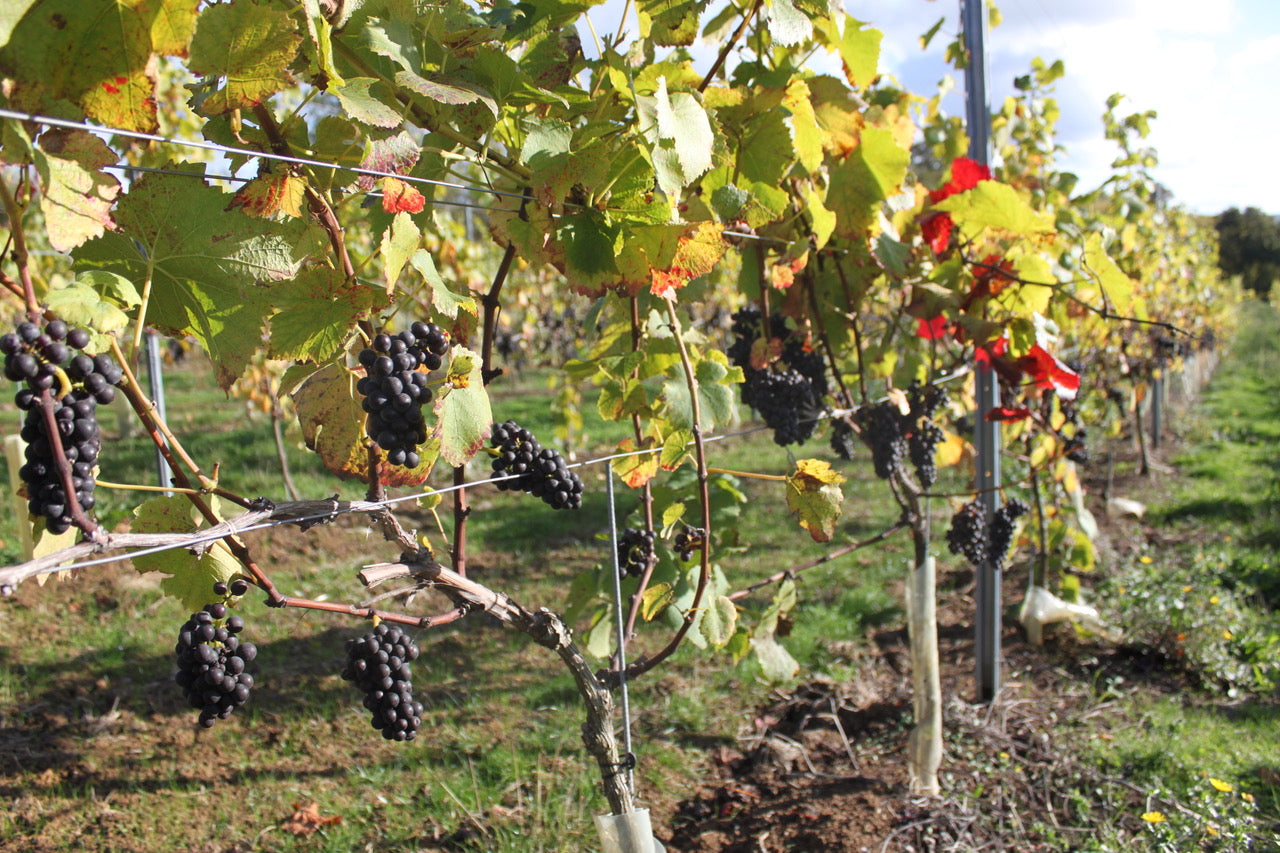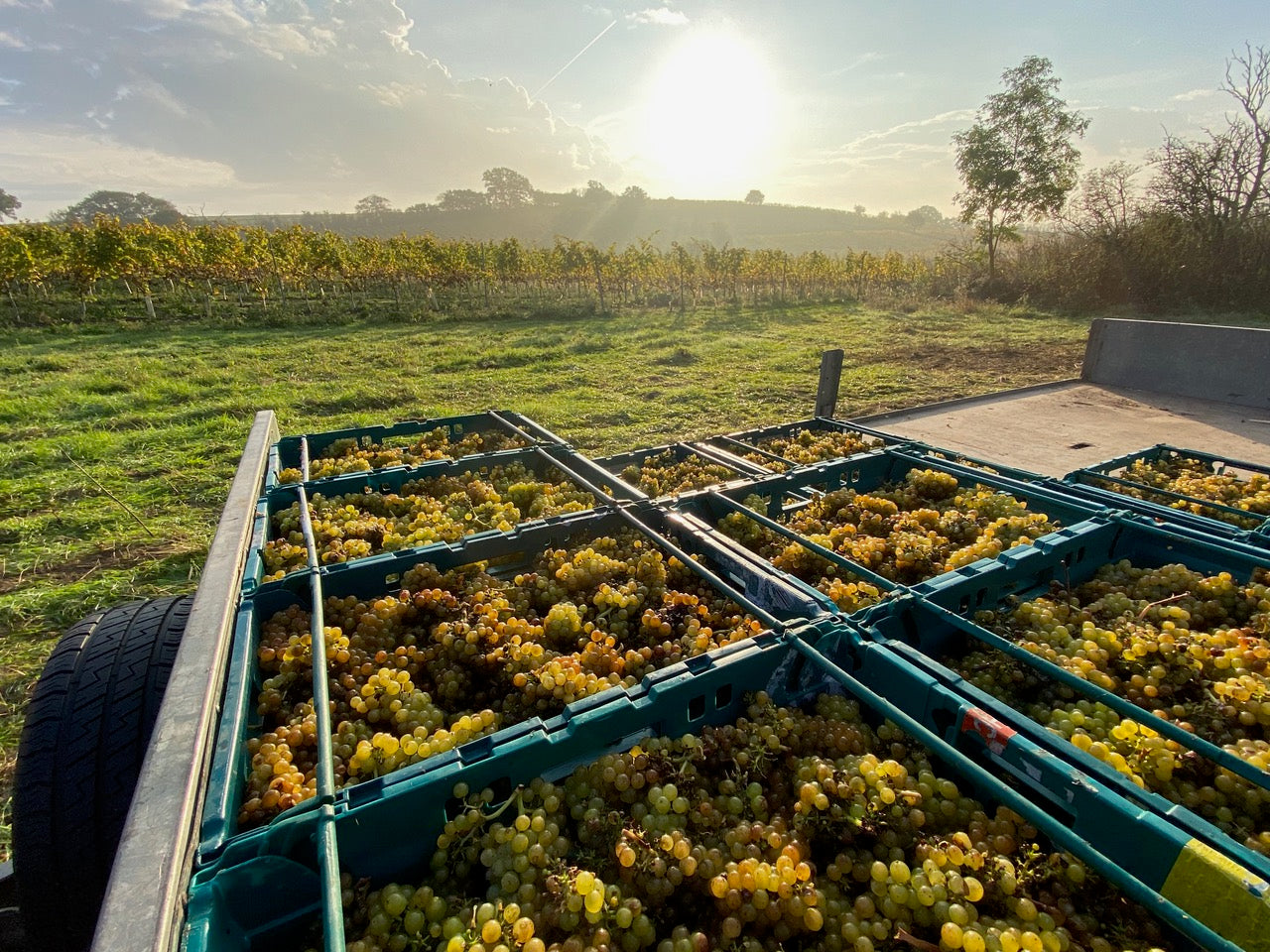
The Crouch Valley
What makes the Crouch Valley so special
Wines from cool climates have been prized for centuries. Finding that perfect balance of expressive flavour, crisp acidity, sugars and alcohol is the holy grail. This can’t be manufactured in the winery. As the saying goes, ‘Great wine comes from great vineyards’.Climate change is fundamentally altering where the great wines of the world are made. As the most historically significant regions like Champagne, Burgundy and Alsace struggle to recreate the wines of years gone by, a new breed of winemakers is taking centre stage.The UK has been at the forefront of this wine revolution, sweeping up all manner of international competitions and blind tastings for more than a decade. Spearheaded by sparkling wine producers in the southern counties, there is now a growing recognition for the quality of a select few still wines produced in a little corner of Essex.
Enter the Crouch Valley. The UK’s only true wine region. The Crouch Valley is the most densely planted area of vines in the UK, with good reason, and home to several highly ambitious winemakers seeking to take on the wine establishment and beat them at their own game.


The Crouch Valley is at the forefront of UK winemaking for several reasons:
The River Crouch: When you look for great wine regions you follow the water. The River Crouch provides a body of water that warms the air temperature in spring and crucially protects our vines from frost. You won’t find any noxious frost prevention tools at Hollands and other top vineyards in the Crouch Valley. The River Crouch to the south and River Blackwater to the north also channel rain clouds away from the northern slopes of the Crouch Valley, giving us the warmest, driest microclimate in the UK - the perfect combination for grape growing.
Other climactic factors: Being three miles inland also ensures the vineyards of Stow Maries are protected from the chilling winds of the North Sea. Don’t just take our word for it - ask the professors (see article here) and wine critics (see article here).
Soil: Despite what you’ve heard, there is no scientific evidence that the type of soil a grape vine grows in influences the flavour of its grapes and the resulting wine. This is French marketing at its best. Soils are important for different reasons. In wet regions, rocky and chalky soils are effective at draining water away. In dry areas, clay soils retain moisture which maintain availability of moisture even when there hasn’t been rain for many months. Amazingly, at times of excess rain, the clay allows water to run off freely. Some of the world’s most prestigious wines like Petrus come from vineyards with clay soils. Hollands is situated on smectite rich soils - a type of clay that is particularly effective at moisture retention - that provide our vines with what they need, when they need it.
People: A crucial part of terroir. You’ll find in the Crouch Valley a passionate group of wine pioneers dedicated to making the finest quality wines.
With the widest part of the River Crouch on our doorstep, Stow Maries is at the heart of this movement. Flanked by our wonderful neighbours at Martin’s Lane and Crows Lane Estates, Hollands grows the finest Chardonnay and Pinot Noir overlooking the River Crouch. The Cooper family have owned and worked this land for generations.
What does this mean for our wines? It means wines of exceptional balance. Fully ripened fruit that has retained its natural acidity and achieved full phenolic ripeness. With wines made by us in small batches designed to express the terroir, we bring a unique and refreshing approach cool climate winemaking. We welcome you to try for yourself, compare against the best, and let us know what you think.
